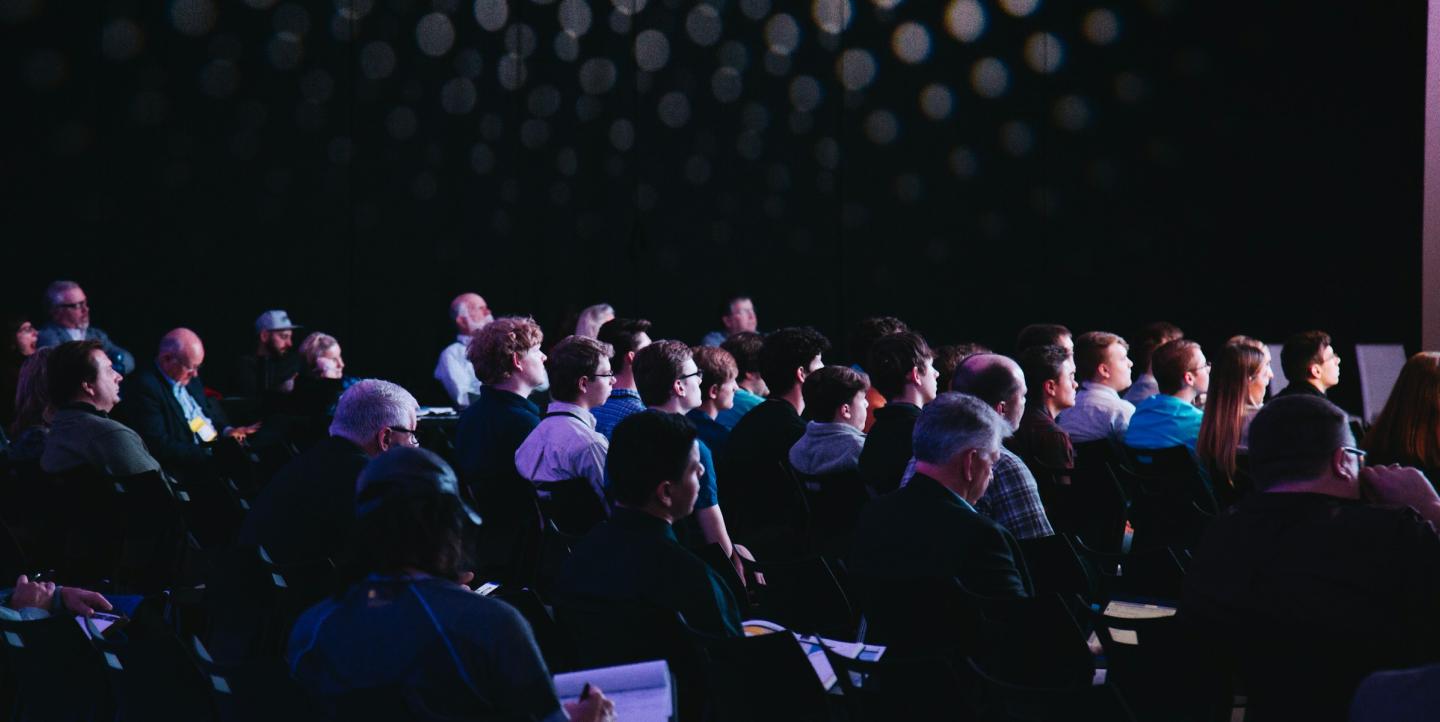This resource is part of our Exiled Media Toolkit, produced in partnership with the Network of Exiled Media Outlets (NEMO), and with the generous support of the Joyce Barnathan Emergency Fund for Journalists.
In the world of exiled media, events — whether in person or virtual — offer far more than just a potential revenue stream. They serve as spaces for visibility, community-building, and emotional connection with audiences.
For Rialta, cultural events as strategic grounding
Carlos Aníbal Alonso, director of the Cuban cultural outlet Rialta, highlighted the role of events as a key strategy for sustainability. One of the outlet’s most ambitious undertakings was a multi-day cultural festival in Mexico City, co-organized with other Latin American artistic and media collectives.
The event wasn’t a solo Rialta initiative—it was a co-created effort across the ecosystem. And while this distributed model expanded the festival’s reach and helped share costs, it also added significant complexity.
The event took place with almost no formal budget. An initial promise of funding fell through, forcing the team to rely on in-kind contributions from partners.
“We basically did the whole thing without funding,” Alonso explained. “We launched a collective financing model where no one brought money, but instead contributed spaces, guests, logistics or promotion.”
This network of micro-supports made the festival possible, but at a high human cost. The organizational burden was immense.
“It was incredibly demanding,” Alonso admitted. “An amazing experience, but one I’m not sure I’d repeat under the same conditions.”
Despite the challenges, the event offered invaluable lessons. It gave Rialta the tools and foresight to plan a more stable and strategic second edition in the future.
Guayoyos con Cocuyo: Journalism, coffee, and civic listening
“A guayoyo is a lighter, less intense coffee — what you sip mid-morning to talk about things in a relaxed way,” explained Danisbel Gómez Morillo, director of strategy at Efecto Cocuyo, an independent Venezuelan media outlet.
This was the spirit behind Guayoyos con Cocuyo, a series of community encounters designed to deepen relationships and test new models of audience engagement and financing. The gatherings took place in university courtyards, public plazas, and even in migrant communities abroad.
The idea was both simple and powerful: offer a free cup of coffee in exchange for one idea to improve journalism. This inverted logic — where the outlet listens more than it speaks — has become part of Cocuyo's institutional DNA.
Guayoyos allowed the team to not only hear from the public but also to segment and connect with specific groups, including students, women and migrants. One standout event in Colombia during the 2018 Festival Gabo brought together Venezuelan and Colombian migrants. That meeting planted the seeds for Venezuela Migrante, a platform focused on human mobility.
These gatherings also sparked indirect economic value. Some were funded by partner organizations, universities, or even private sponsors. On one occasion, a local coffee brand supported the event in exchange for a promo video and social media exposure — illustrating how Guayoyos could become a tool for creative barter within the outlet’s symbolic economy.
Still, sustaining the initiative came with its own hurdles. While some events received external support, many of the logistical costs — coffee, materials, staff travel — were borne by the Efecto Cocuyo team itself. Add to that the time investment, production demands, and the challenges of operating in a country with frequent blackouts and transportation crises.
Rather than treat events as mere fundraising tools, Efecto Cocuyo turned them into part of a broader pedagogy of listening and civic rebuilding. The Guayoyos became living proof that something as modest as a shared coffee can help restore trust and connection between media and community.
“This ongoing effort to step outside our comfort zone and go find our community — that’s what’s kept us alive,” Gómez reflected.
Events in exile are not just strategies, they are statements. They say: we are here, we are listening, and we belong to something larger than ourselves. Would you like this adapted into a case study, grant proposal, or guide for audience engagement.
Photo by Headway on Unsplash.
Nieves created this resource as part of his ICFJ Knight Fellowship.

